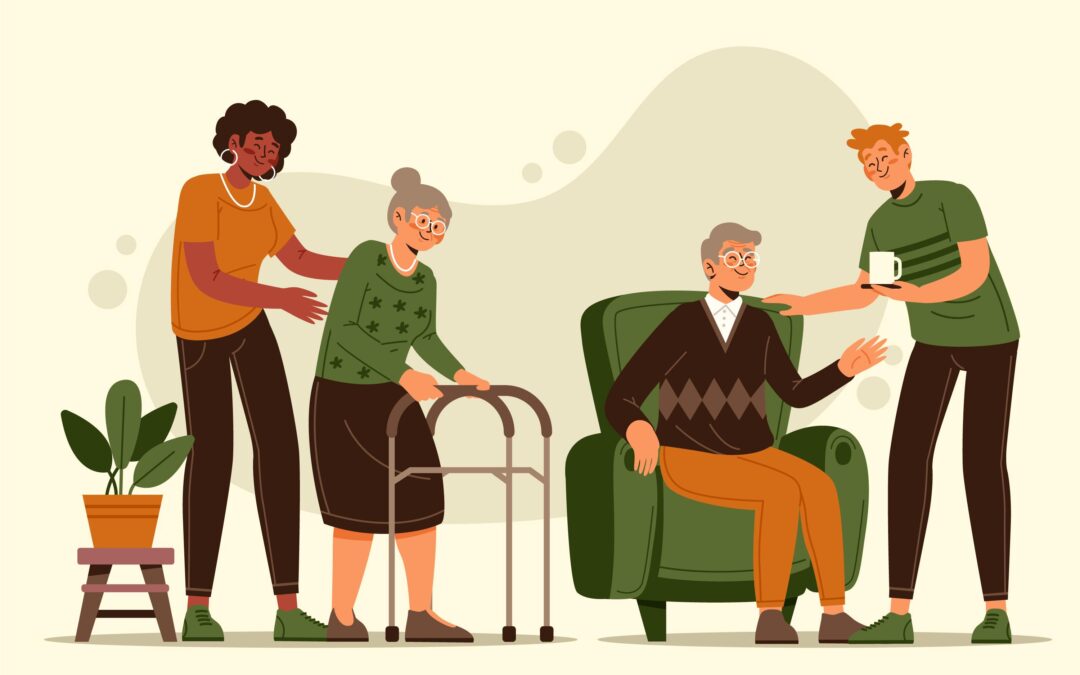Being a caregiver is one of the most selfless acts of love that we can show to our loved ones, especially to our aging parents. However, the role of being a caregiver for a senior family member or friend can also be challenging, overwhelming, and stressful – mentally, physically, and emotionally. Caregiver stress is a common issue and can have a severe impact on a caregiver’s mental health and overall wellbeing. Here, we’ll discuss the cost of caring and share practical tips on how to navigate caregiver stress.
Understanding Caregiver Stress
Caregiver stress is due to the constant demand for being available and responsible for the medical, personal, and emotional needs of a loved one. While the role of being a caregiver is essential, taking care of one’s self is equally crucial. If left unchecked, caregiver stress can lead to caregiver stress syndrome or burnout, which can cause physical, emotional, and mental exhaustion. Symptoms of caregiver stress syndrome include irritability, sleep disturbance, anxiety, and depression.
It’s essential to prioritize self-care when taking care of an aging parent or loved one. Taking care of yourself first is not selfish but a necessity. Practicing self-care can help reduce stress, improve mental health, and improve overall personal wellbeing. Some ways to practice self-care include taking breaks, exercising regularly, eating a nutritious diet, getting enough sleep, joining support groups, taking time off to relax and enjoy hobbies. Seeking mental health support is essential when experiencing caregiver stress or burnout. Counseling, therapy, or talking to a trusted friend or family member can help reduce stress, promote self-care, and improve the overall caregiving experience.
Caregivers often feel guilty for taking breaks or asking for help, but it’s essential to understand that doing so is not a sign of weakness. Asking for help can ensure you don’t lose yourself through the care giving process. There are different options for getting help, including hiring a professional caregiver, asking for help from family or friends, or enlisting the help of a support group.
Taking care of an aging parent or loved one can be challenging, but it can also be a rewarding experience. It’s essential to acknowledge the struggles of being a caregiver and prioritize self-care. Remember, asking for help is not selfish nor is it a sign that you may be failing, but a necessity. Take care of yourself first, and everything else will fall into place.
Contact Bluewater Psychiatry
If you find are struggling with the stress of being a caregiver, contact Bluewater Psychiatry for professional help.

